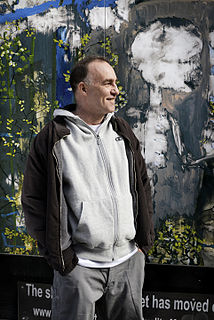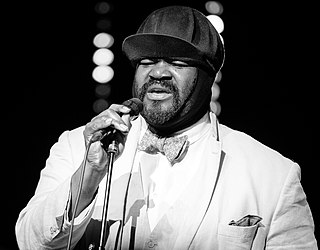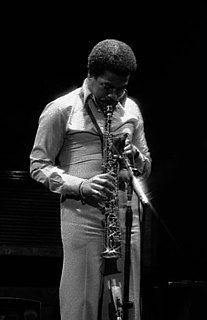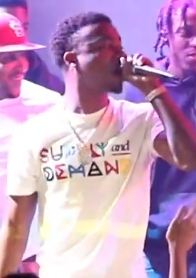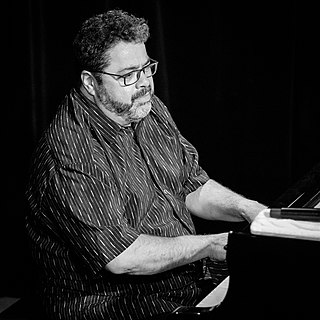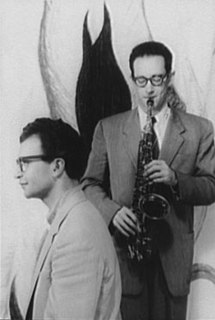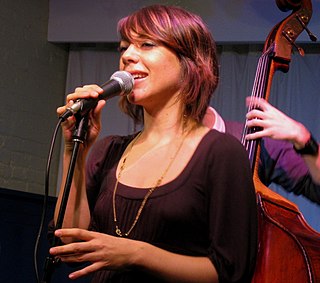A Quote by Thelonious Monk
I don't have a definition of Jazz. You're just supposed to know it when you hear it.
Related Quotes
I kept on buying records and listening to them. Finally, I was able to hear the relationship between the jazz improvisers' solos and the underlying structure that it's based on, the chord progression. That was pretty easy to do in the swing era, y'know, when jazz was, like, pop music, you know. It had made the charts and everything like that.
The music industry used to be able to control a single dance on the very smallest level of when people are supposed to hear it, and when they're supposed to start liking it, and when they're supposed to start buying it. And that's trashed, you know, that big machine that takes control and works albums for a long period.

